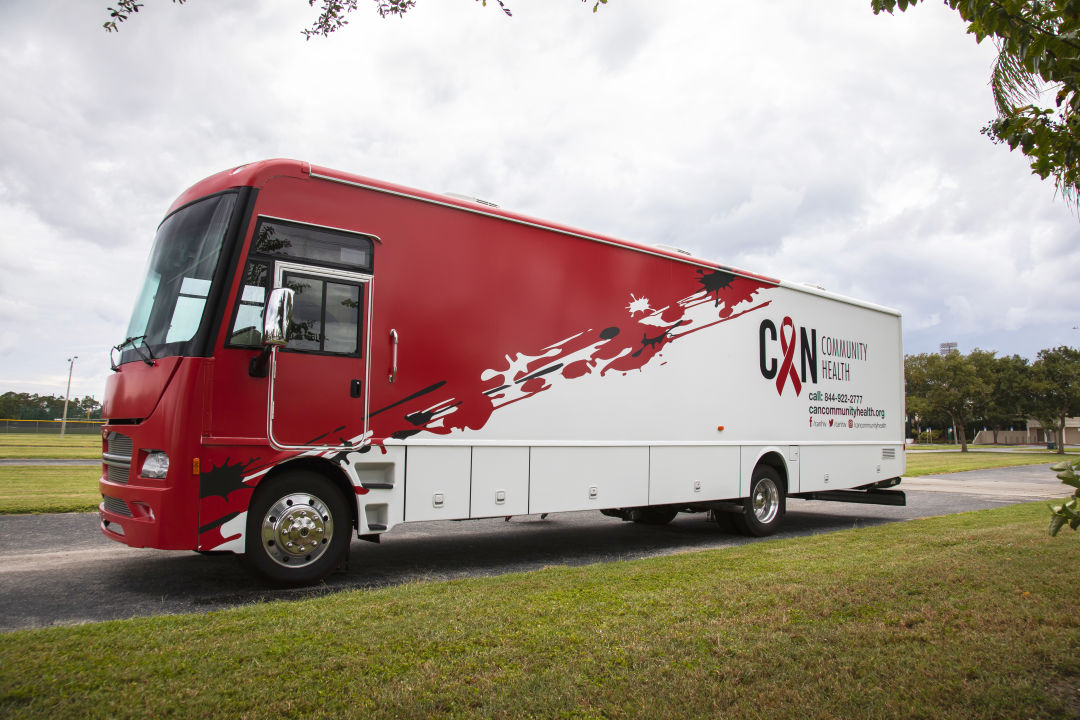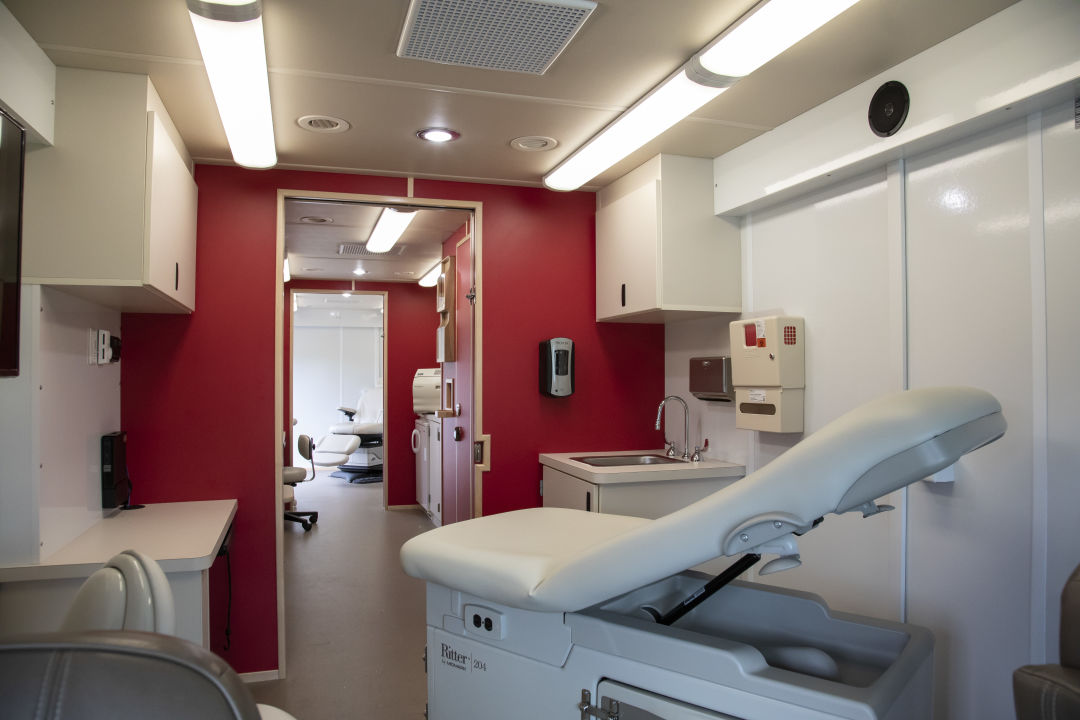Did You Know HIV Is Still A Thing?

CAN Community Health’s clinics offer free anonymous and confidential HIV testing in our facilities and conducts outreach testing in the community. Trained counselors and testers use a simple and quick test that involves a finger stick (blood) collection.
According to the CDC (Centers for Disease Control and Prevention), at the end of 2015, an estimated 1.1 million people aged 13 and older were living with HIV in the United States, including an estimated 162,500 people who were unaware of their status. For those who are living with undiagnosed HIV, testing is the first step in maintaining a healthy life and reducing the spread of HIV. The CDC recommends getting tested once a year.
Know Your Options
In addition to male and female condoms there is PrEP. PrEP is for individuals who don’t have HIV to help prevent HIV. PrEP stands for “pre-exposure prophylaxis,” which means a daily pill protects you from acquiring the HIV virus. Daily use of PrEP reduces the risk of getting HIV from sex by more than 90%. CAN Community Health has a new PrEP program that can guide you through options and help you get on PrEP at low or no cost to you.
About CAN Community Health
CAN currently serves over 15,000 patients annually and is dedicated to the treatment, care and continual wellness of people living with HIV, hepatitis C, STDs and other diseases. CAN is proud to own and operate more than 34 clinics throughout Florida and the southeastern part of the U.S. CAN Community Health services include medical care, dental care including restorative, therapy services, case management, education and peer support, pharmacy services, and community awareness including free rapid HIV and HEP C testing.
CAN has opened in-house pharmacies in Clearwater, Plantation and Jacksonville, Florida to make it easier for patients to receive the best possible care. Many patients must arrange for transportation to appointments and by offering them the ability to get prescriptions while at their appointment saves time. Having a dedicated pharmacy also provides greater privacy and security to patients.
CAN also partners with other agencies in HIV hotspots, which already know the community and local patients. This allows CAN to extend their reach to help more people and provide more services to make a bigger impact in the community. Through partnerships, CAN brings in the medical services and the partners provide additional services, so that everything a patient would need can be provided in one location.

In addition, CAN is working on new ways to deploy health services to rural areas where HIV prevalence is high. The concept of using mobile units was born to fill the need of providing health services to those who may have social, environmental and economic factors which converge to cause barriers and challenges that complicate HIV treatment and prevention services. Mobile health care has been proven to be efficient, cost effective and versatile. Soon CAN will provide telehealth services to include telepsychiatry and telePrEP connecting patients through a phone or computer with a health care provider.

Bringing health services, education and therapy services to the people that need it most is the commitment that drives CAN’s continuing expansion. With the rate of HIV incidences on the rise, we must all do our part to eradicate HIV! Call or visit their website to find out more information on getting tested, (844) 922-2777 or www.cancommunityhealth.org.